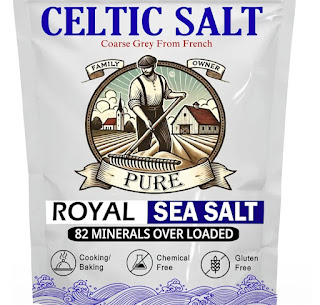SOAKING OVERNIGHT BENIFITS
SOAKING OVERNIGHT
BENIFITS
..............
The overnight soak involves covering beans with a few inches of water and leaving them on the counter.
Soaking some foods in water overnight before eating can provide some additional benefits. Know how. To enhance the nutritional value of certain foods and reduce their heat, soaking them in water is recommended. This practice can also protect the stomach from various issues and provide numerous benefits to the body.
SOAKING EFFECTS
.............
Every dry fruit, pulses and millets contain Anti nutrients. In other language you can call them toxins. Which protects the nucleus of dry fruits.
To activate its nutrition, it is necessary to soak it in water overnight.
Soaking process led to an increase in the hydration coefficient, seed weight, total protein, ash, fat, fiber, while non protein nitrogen, total carbohydrates, starch, stachyose, raffinose, reducing sugars, and minerals (except Na) were decreased.
Soaking decreases the phytic acid content of foods in two ways: ..... 1) soaking increases the activity of enzymes called phytases which help breakdown phytic acid, and 2) when soaked, phytic acid molecules leach into the soaking water that's drained and discarded.
Ideal duration of soaking
...............
Dry fruits should be soaked for 6-8 hours. It is necessary to soak pulses and millet for 4 hours.
Whole dals like Moong, Tuvar, Massor and Urad dal take 3 to 4 hours to soak. So, always wash and soak them before cooking.
There is nothing bad in naturally grown dry fruits, pulses, millets, wheat. It is only because our eating habits are wrong that we face problems.
Wash the wheat thoroughly in water, dry it, then make flour from it and eat it after making roti. Will never do any harm.
WHAT IS A SEED
..........
So what is a seed? The seed is the embryonic stage of the plant life cycle. Most seeds consist of three parts: embryo, endosperm, and seed coat. The embryo is a tiny plant that has a root, a stem, and one or more leaves. The endosperm is the nutritive tissue of the seed, often a combination of starch, oil, and protein.
Seed refers to the fertilized, matured ovule that contains an embryonic plant, stored material and a protective coat or coats. A seed is a mature ovule that comprises an embryo or a miniature undeveloped plant and food reserves, all enclosed within a protective seed coat.
Your smile is our moto....
sagarmon990@gmail.com.











Comments
Post a Comment
Please donot enter any spam link in the comment box thanks